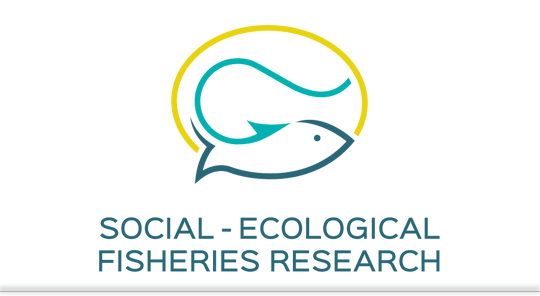Recreational fishing constitutes the dominant or sole use of many fish stocks, particularly in freshwater ecosystems in Western industrialized countries. However, despite their social and economic importance, recreational fisheries are generally guided by local or regional norms and standards, with few comprehensive policy and development frameworks existing across jurisdictions. We argue that adoption of a recently developed Global Code of Practice (CoP) for Recreational Fisheries can provide benefits for moving recreational fisheries toward sustainability on a global scale. The CoP is a voluntary document, specifically framed toward recreational fisheries practices and issues, thereby complementing and extending the United Nation’s Code of Conduct for Responsible Fisheriesby the Food and Agricultural Organization. The CoP for Recreational Fisheries describes the minimum standards of environmentally friendly, ethically appropriate, and—dependingon local situations—socially acceptable recreational fishing and its management. Although many, if not all, of the provisions presented in the CoP are already addressed through national fisheries legislation and state-based fisheries management regulations in North America, adopting a common framework for best practices in recreational fisheries across multiple jurisdictions would further promote their long-term viability in the face of inter jurisdictional angler movements and some expanding threats to the activity related to shifting sociopolitical norms.
Benefits and risks of adopting the global code of practice for recreational fisheries
Peer-reviewed

Arlinghaus, R., Beard, T. D. Jr., Cooke, S. J., Cowx, I. G. (2012). Benefits and risks of adopting the global code of practice for recreational fisheries. Fisheries, 37, 165-172
Published
: 2012
Appeared in
: Fisheries, 37, 165-172
